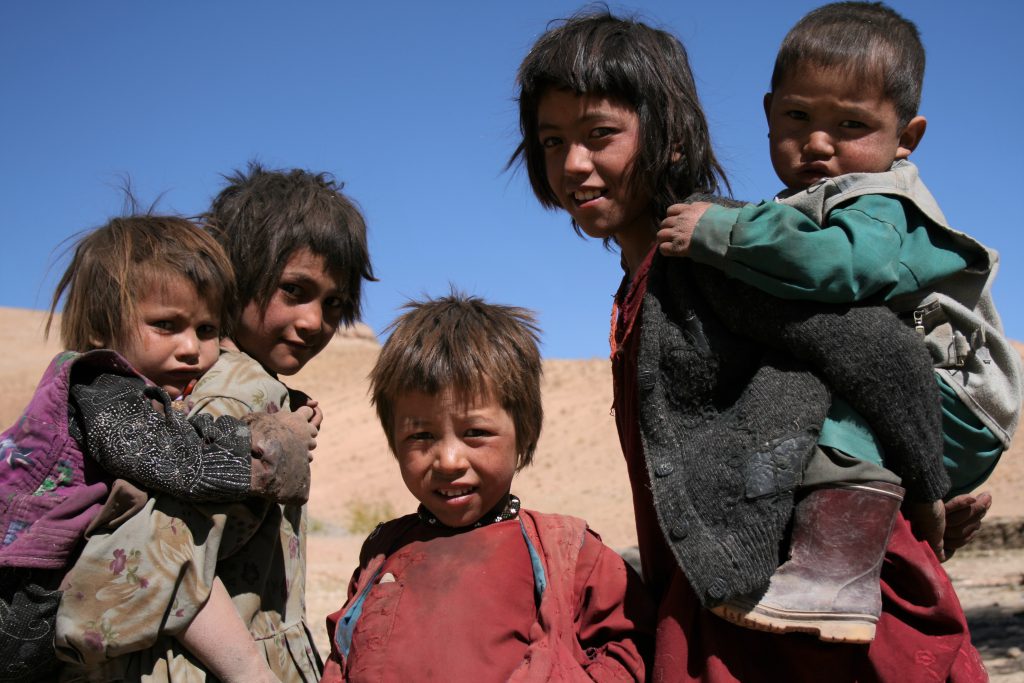Background: USCIRF has continuously recommended that Afghanistan be placed on the State Department’s Special Watch List due to its numerous religious freedom violations, which are only exacerbated by the already entrenched political turmoil. Afghanistan has state-sanctioned death penalty for those who leave Islam, including Christian converts. In addition there is routine targeting by the Talibans of the Shi’a Muslim community, Christians and others who do not follow their religious creed or interpretation. USCIRF states, “In October 2019, the United Nations Assistance Mission in Afghanistan (UNAMA) reported comparable levels of civilian casualties in 2019 as in the previous year (8,239), the majority of which were a result of attacks by non-state actors.”
March was a dangerous month for religious minorities in Afghanistan. On March 6, the Islamic State attacked numerous attendees at a political ceremony in the capital, Kabul, killing 32 and injuring at least 80 individuals. According to The Guardian, “the ceremony commemorated the 1995 slaying of Abdul Ali Mazari, the leader of Afghanistan’s ethnic Hazaras, who are mostly Shia Muslims.” It has also been confirmed that the majority of the attendees were mostly Shia Muslim, and therefore were targeted for their religious beliefs. This terrorist attack reflects another attack that occurred in August 2019 at a wedding, in which an Islamic State militant self-detonated a bomb strapped to his body that ended up killing 63 and injuring nearly 200 guests; all casualties and wounded were Shia Hazara individuals.
Not long after the attack in early March, Islamic State militants attacked a Sikh Gudwara on March 25, killing at least 12 individuals, although the total number of casualties has not yet been confirmed. According to The Guardian, “the attack lasted hours as the gunmen held hostages on Wednesday while Afghan special forces and international troops tried to end the siege in a complex that is home to many families, as well as a place of worship.” One interviewed survivor expressed his devastation at witnessing first-hand the deaths of his father, wife, daughter, and nephew. This attack, similar to the one that occurred in early March, unleashed a mass condemnation of violence at the hands of the Islamic State.
Attacks against religious minorities, most notably Shia Hazara Muslims and Sikhs are not new; this trend has occurred over the past few years. In its 2018 International Religious Freedom Report, the U.S. Department of State revealed that nearly- if not all- suicide bomber attacks targeted these minority ethno-religious communities, and that throughout 2018, the UN Assistance Mission in Afghanistan (UNAMA), there were “22 attacks targeting places of worship, religious leaders, and worshippers, causing 453 civilian casualties (156 deaths and 297 injured).”
In addition, the government in Afghanistan does not allow any conversions to minority religions and recognizes Islam as the sole legitimate faith of the nation. This has resulted in the state discriminating, arbitrarily arresting, and, in extreme cases killing Christian and Shiite Muslim converts, among others.
For more information on religious freedom conditions in Afghanistan, please visit Open Doors.

